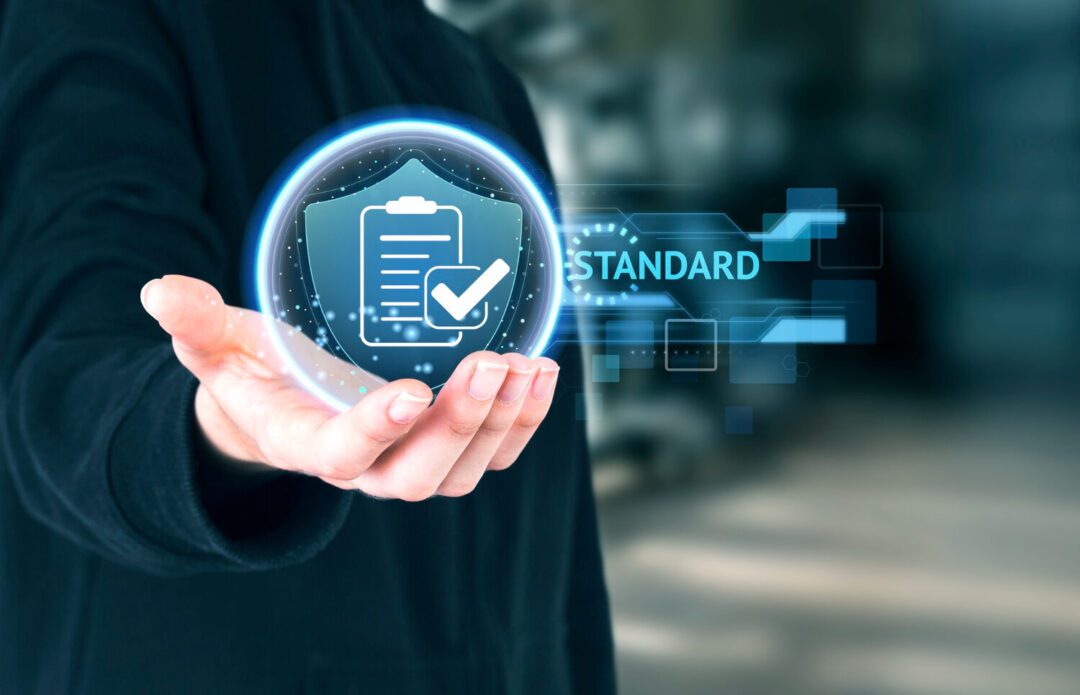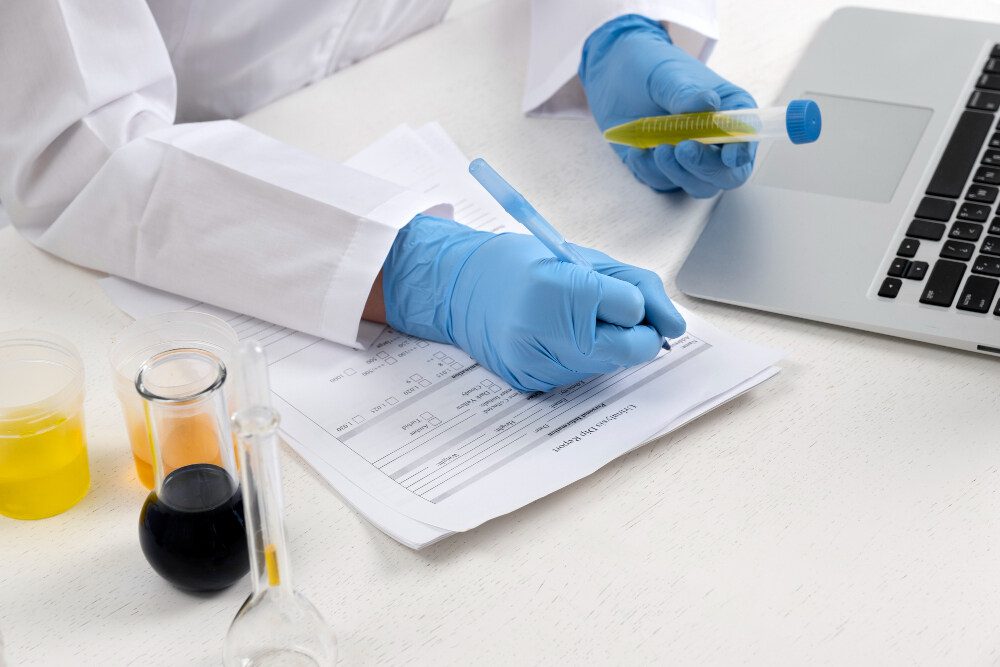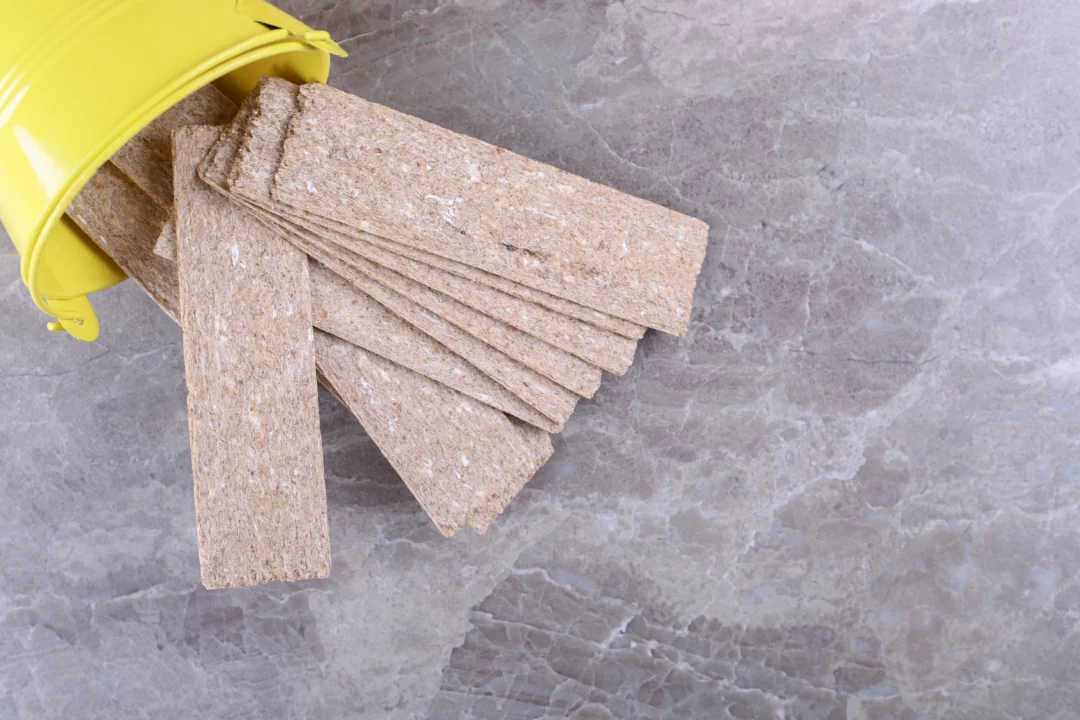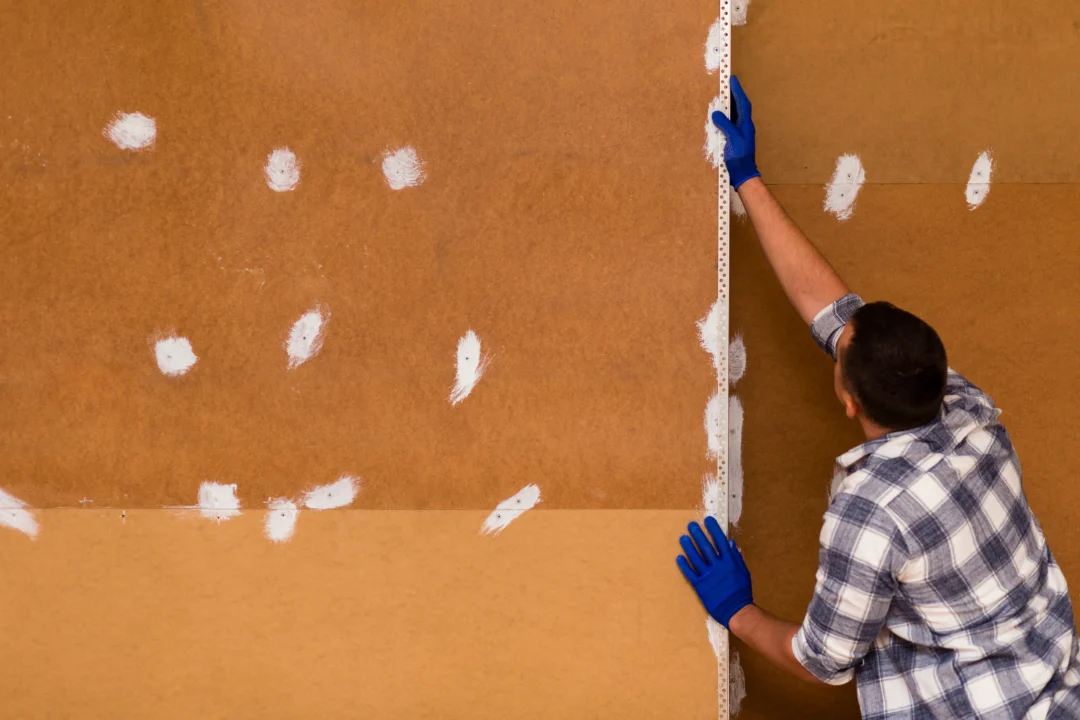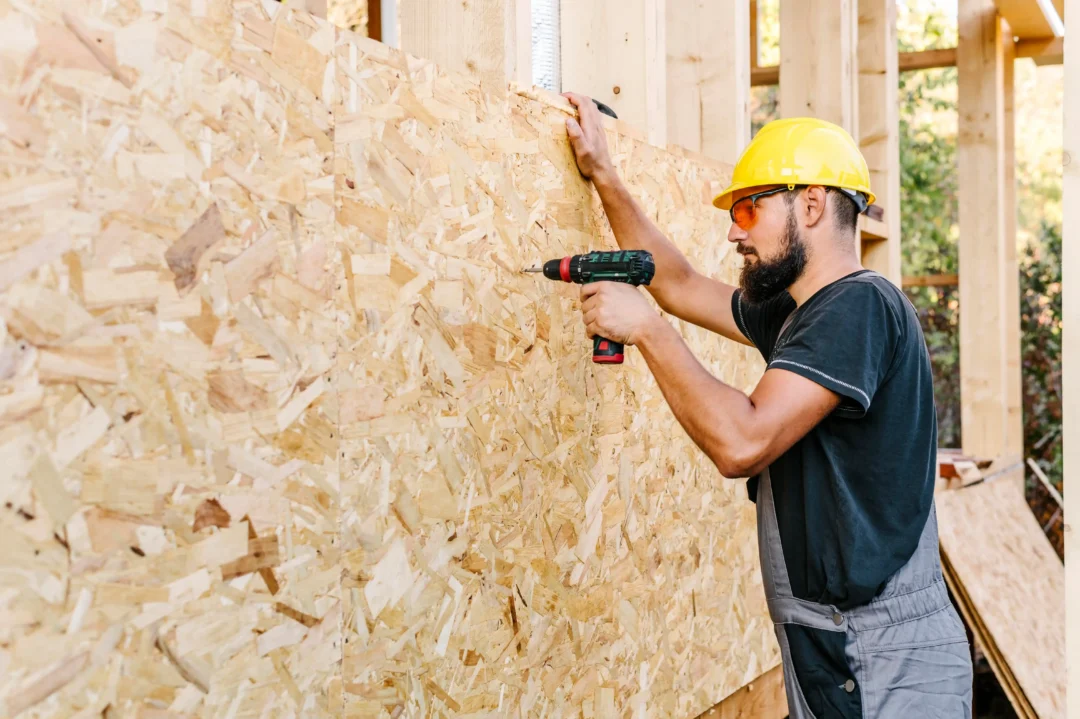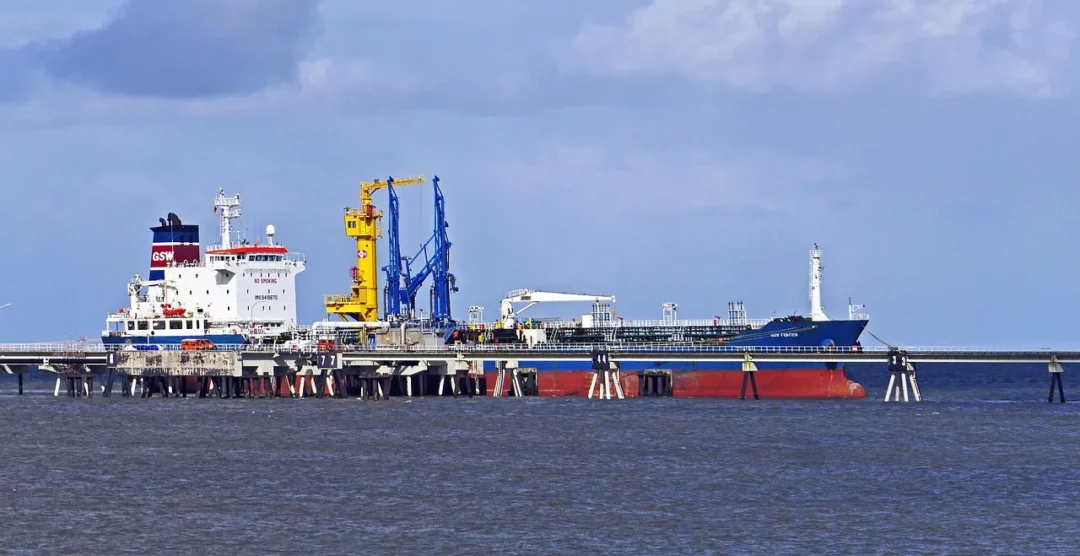The quality of products is not a choice in the modern competitive environment. The customers demand safety and durability and adherence to the regulations. That is why partnering with a certified IQS testing lab plays a critical role in building product confidence.
The manufacturers will have to demonstrate that their products are up to the rigorous industry standards. An experienced HACCP testing lab and recognized ECAS Approved lab help ensure compliance with food safety and regulatory frameworks. When properly tested, it causes confidence among the distributors, retailers and end users.
The Importance of Product testing as never before.
The current consumers have become more informed and vigilant. They will like products that are supported by trusted certifications and laboratory reports. Working with a professional IQS testing lab ensures products meet performance and safety requirements.
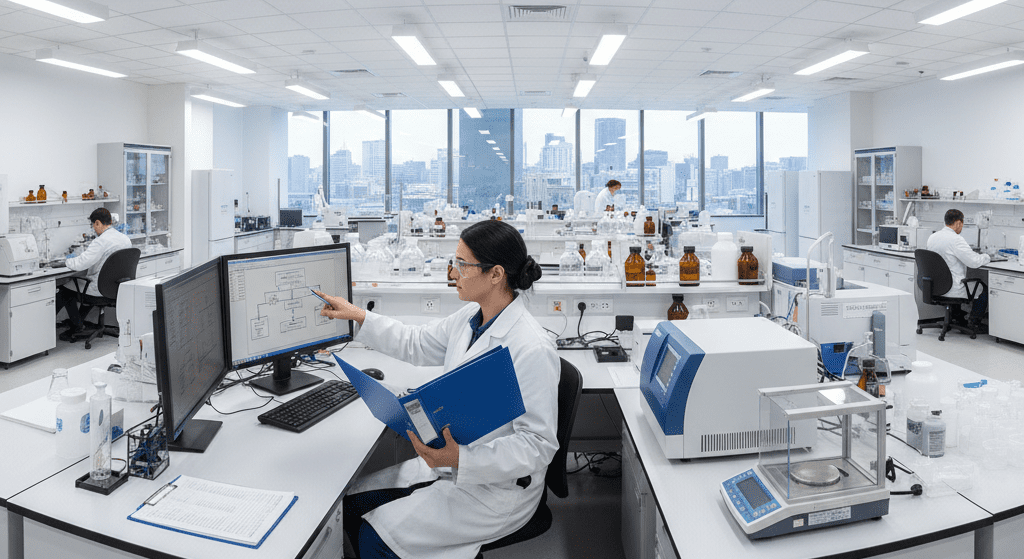
Testing helps businesses:
- Determine the product weaknesses.
- Improve quality control
- Reduce recalls
- Create credibility in the market.
A reliable ECAS Approved lab ensures your products meet government-mandated standards.
Maintaining Regulatory Compliance.
There are various safety regulations that should be followed by different industries. The inability to adhere to these standards may lead to punishments or the rejection of the products. A trusted IQS testing lab helps companies stay compliant from the beginning.
An accredited HACCP testing lab ensures food and beverage products meet hygiene and safety protocols. Similarly, an ECAS Approved lab verifies conformity with Emirates Conformity Assessment Scheme requirements.
Enhancing Customer Confidence.
Customers gain confidence in the safety of the product and this leads to trust. Certification from a qualified IQS testing lab reassures buyers that the product has undergone strict evaluation. It is an expression of quality dedication.
When products are verified by a professional HACCP testing lab, food safety standards become transparent. Approval from an ECAS Approved lab adds another layer of credibility in regulated markets.
Reducing Business Risks
Failure of the products can have a negative impact on the reputation of a brand forever. The early testing reduces the presence of defects in the market through early testing. A dependable IQS testing lab minimizes risks through structured evaluation processes.
The advantages of risk reduction are:
- Fewer legal issues
- Lower recall costs
- Better reliability of products.
- Enhanced brand reputation
An experienced HACCP testing lab also reduces contamination risks in food production.
Improving Market Access
There are a lot of foreign markets where certified laboratory reports are needed. Exporting of products cannot be easily done without appropriate documentation. A recognized ECAS Approved lab helps businesses meet these requirements efficiently.
Partnering with an established IQS testing lab increases acceptance across global markets. Companies working with a certified HACCP testing lab gain smoother approval in food-related exports.
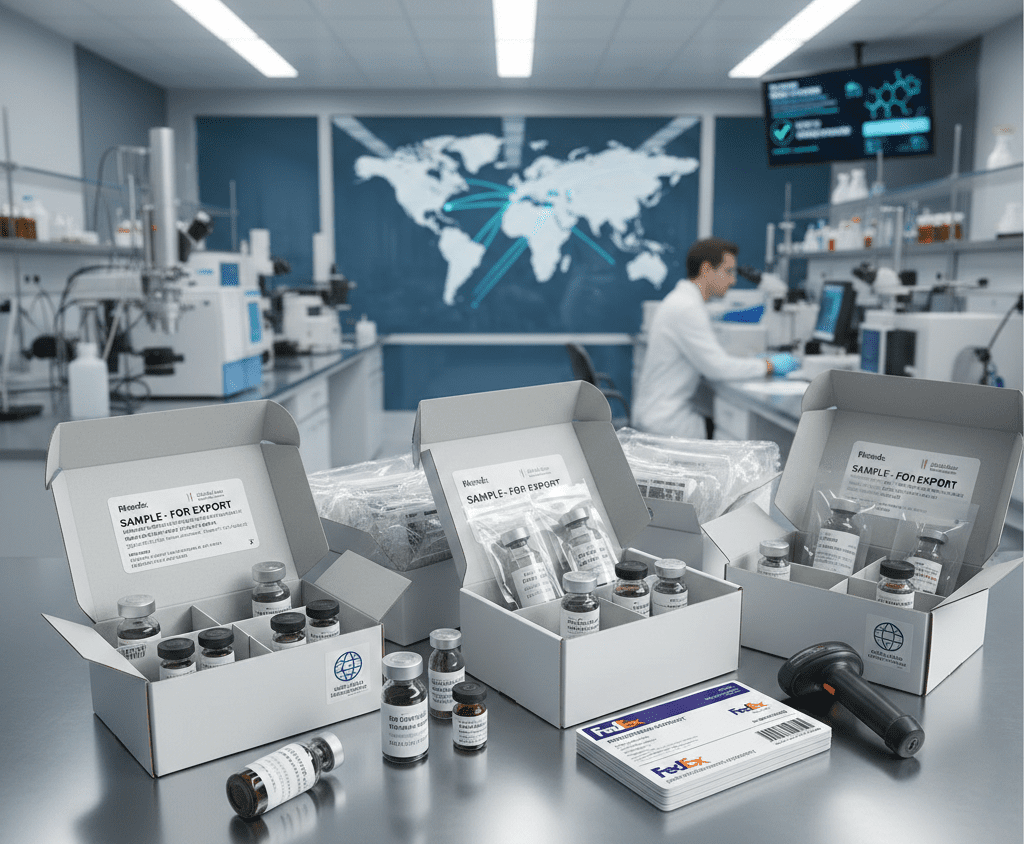
Investing in Continuous Quality Improvement.
Testing is not a one time activity. It favors continuous product development and innovation. A professional IQS testing lab provides insights that help improve product design and safety standards.
Continuous improvement incorporates:
- Routine quality checks
- Analysis of product performance.
- Compliance updates
- Process optimization
An accredited ECAS Approved lab ensures that improvements align with regulatory changes.
The Rationale behind selecting a reliable testing partner.
The choice of the appropriate laboratory defines the quality of your certification. A qualified IQS testing lab combines technical expertise with accurate reporting. Open procedures create partnership in the business relationships over time.
Working with a certified HACCP testing lab and recognized ECAS Approved lab ensures your products meet both safety and conformity standards. This is the wide-ranging strategy that builds product confidence and makes your brand reputable in the competitive markets.
Developing Trust by Certified Examination.
The confidence in the products is established on evidence and not promises. Businesses that invest in a professional IQS testing lab demonstrate accountability and quality commitment. The certification enhances the relationships with the regulators, distributors and even the customers.
By collaborating with a reliable HACCP testing lab and reputable ECAS Approved lab, companies ensure their products are safe, compliant, and market-ready. Verified testing is the key to successful operations in the competitive environment of the modern business world.




